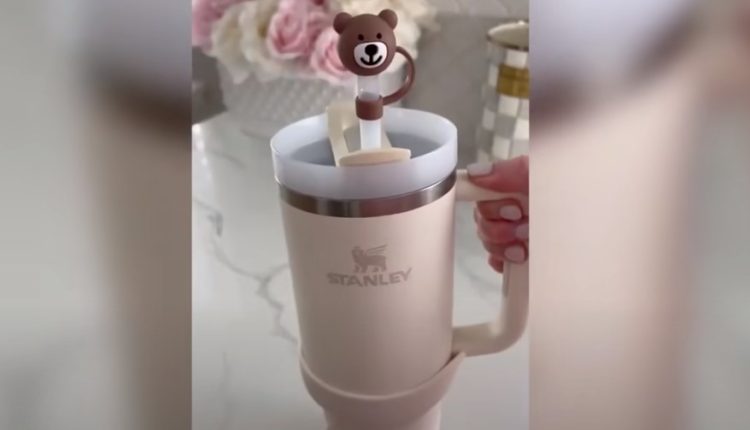Stanley Cup Decline Spurs Expert Discussion on Overconsumption
The Stanley Cup was once associated with sports achievements and has taken on a new identity as a trendy, reusable cup.
However, as these cups fly off store shelves and become the focal point of online influencer videos, sustainability concerns are emerging
Trendy Reusables: Balancing Environmental Impact
While reusable cups and water bottles are generally considered positive choices for environmentally conscious consumers, experts caution against the transient nature of trends that encourage overconsumption.
Sandra Goldmark, a circularity expert from Barnard College and the Columbia University Climate School, emphasizes the importance of understanding the “environmental payback period” of such products.
She notes that buying multiple durable items and treating them like fast fashion items can undermine sustainability goals.
Stanley, originally founded in 1913 with a mission of providing reusable, “built for life” products, emphasizes its commitment to sustainability.
However, the recent viral popularity of Stanley Cups on platforms like TikTok has led to concerns about artificial scarcity and marketing tactics that may contribute to overconsumption.
Erica Cirino, communications manager for Plastics Pollution Coalition, urges companies to move away from creating artificial hype and focus on fostering values that reduce wastefulness. She suggests educating consumers on proper care for reusables to discourage repetitive purchases.
Stanley Cup Environmental Impact

Goldmark points out that the environmental impact of trendy cups like Stanley’s is not unique, citing other brands like Yeti and Hydroflask that have also gained devoted followings.
She emphasizes the concept of an “environmental payback period,” highlighting the need for prolonged use to offset the initial energy and material investment in manufacturing.
Amid the cup craze, concerns about lead content in Stanley cups have surfaced on social media. Stanley clarifies that their products meet all US regulatory requirements and asserts that the lead used in manufacturing does not pose a health risk.
However, some TikTok users have posted videos discarding their cups, prompting questions about end-of-life plans.
While some companies, like Yeti and Hydroflask, offer buyback and recycling programs, Stanley’s approach to end-of-life planning remains unclear.
Cirino suggests alternative solutions, such as repurposing or donating reusable cups and bottles, and highlights the recyclability of stainless steel.
As consumers continue to be drawn to trendy products, Judith Enck, president of Beyond Plastics, advises looking for durable metal containers with minimal plastic.
Ultimately, consumers are encouraged to question corporate marketing tactics and align their purchases with long-term sustainability values.

